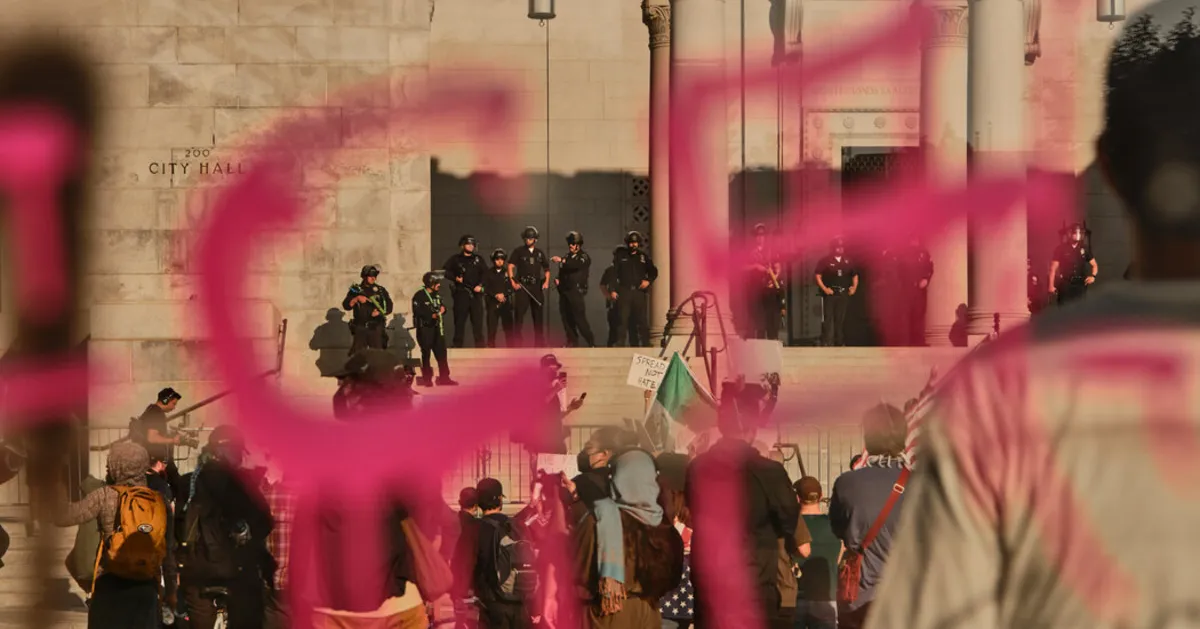
A federal judge has issued a significant ruling against the Trump administration, blocking the indiscriminate immigration arrests in the Los Angeles area. This ruling also protects detainees' rights to consult with a lawyer, delivering a temporary setback to the president's aggressive crackdown on immigration enforcement.
On Friday, the judge in California granted two temporary restraining orders following a lawsuit filed last week by various immigrant advocacy groups. These groups have raised concerns about the methods employed by federal agents during immigration raids, which have been ongoing for nearly two months. A more comprehensive hearing is anticipated in the coming weeks, but the initial rulings serve as a strong rebuke to the tactics used by federal agents in and around Los Angeles.
In her orders, Judge Maame E. Frimpong of the U.S. District Court for the Central District of California mandated that federal agents cease racial profiling while searching for immigrants. She also directed the federal government to guarantee that detainees have access to legal counsel. This ruling comes at a time when hundreds of agents from Immigration and Customs Enforcement (ICE) and other agencies have been deployed throughout Los Angeles County, leading to heightened tensions within immigrant communities.
In her ruling, Judge Frimpong emphasized the “mountain of evidence” that was presented during the case, which counters the federal government's claims that the issues highlighted by the advocacy groups are not occurring. “What the federal government would have this Court believe — in the face of a mountain of evidence presented in this case — is that none of this is actually happening,” she stated, underscoring the serious nature of the allegations against federal immigration practices.
This ruling not only impacts current immigration enforcement in Los Angeles but also sets a precedent for future cases involving immigration policy and the rights of detainees. As the legal battle continues, the outcome may influence how federal agencies operate in immigrant communities across the country.
In conclusion, the federal judge's decision marks a critical moment in the ongoing debate over immigration enforcement, highlighting the balance between national security concerns and the rights of individuals. The developments in this case will be closely monitored by both immigration advocates and federal authorities as they navigate the complexities of immigration law and enforcement practices.